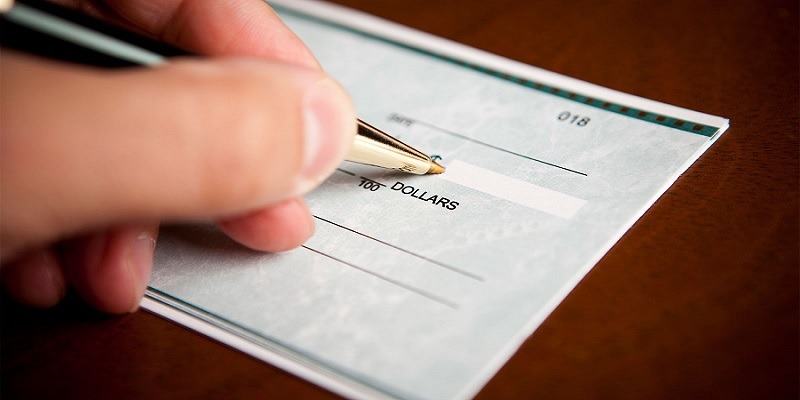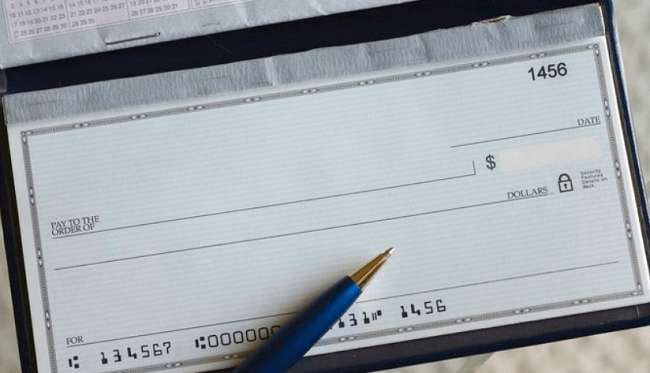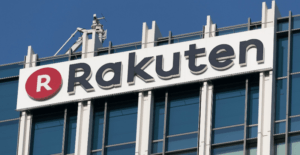 Planning on writing an check? Then make sure you’re proactive on having your payee deposit your cash! If they don’t, your check could possibly become an Outstanding Check which can complicate things such as create an inflated account balance, unclaimed assets and business.
Planning on writing an check? Then make sure you’re proactive on having your payee deposit your cash! If they don’t, your check could possibly become an Outstanding Check which can complicate things such as create an inflated account balance, unclaimed assets and business.
If you run a business, make sure to try your best to avoid these kinds of checks. If you’re interested in learning why these kinds of checks can wreak havoc on your account, read on!
What Is An Outstanding Check & Why It Matters
An outstanding check is a check written but never presented for payment. So if a person or business writes a check, and the the recipient never deposits it, it becomes outstanding. Though it may seem like a good thing if the payee doesn’t deposit the check, several problems can arise for the person who wrote the check, such as inflated account balance, unclaimed assets, and business accounting.
Inflated account balance happens when you write a check and the money never leaves your account, you may eventually think that you can spend those funds. Which means when they do deposit the check, you end up with less money than you expected.
Unclaimed assets also as business need to keep track of their outstanding items to avoid become a problem as breaking unclaimed property laws. If you run a business it can make things complicated as businesses need to make adjustments during reconciliation on their ledgers.
Also, business owners must track their income, expenses and accounts payable as a part of their accounting. If they don’t do so and payments become outstanding, complications can begin to form. Any mishandling that businesses do in terms of their accounting and checks can be in violation of the law.

What To Do With Outstanding Checks
Be proactive when writing checks and make sure to call or write if the payee doesn’t deposit the check. Send a letter informing the payees that the check has not been presented and request an official notification to make sure your check hasn’t gotten lost.
Additionally, make sure to keep records and document communication to prove to state regulators that you made reasonable attempts to complete the payment if needed.
If want to avoid Outstanding Checks altogether, consider online bill payment. With this, the bank deducts funds from your checking account when the check is printed. As a safety precaution, your funds will return to your account if the payee does not deposit the check with a certain period of time, usually within six months.
Writing Another Check
If your payee has requested another check for any reason, make sure to ask for the old check back before they do. If they are unable to, consider asking you bank for a “stop payment” on the old check. Unfortunately, stop payment requests cost money, and they only last for six months which means you may have to repeat the process.
Additionally, you can also ask your payee to sign a document not to deposit both checks. Though it won’t necessarily stop them from depositing the extra check, it adds a reminder and paper trail that will be useful.
Why Checks Aren’t Cashed
There are several reasons why checks don’t get deposited. Here are a few reasons:
- No urgency: Payees tend to not cash the check immediately because they have no need to. For example, if they don’t need the cash right away, they don’t need to cash the check.
- Falling through cracks: Because a check is a piece of paper, it can get lost in other piles of paper.
- Delivery problems: Checks may be returned to you if the person you are trying to pay changes their address.
 |
 |
Bottom Line
If you’re writing an check, make sure to have your payee deposit your check as soon as possible. Payees who don’t deposit their checks create an Outstanding Check, which can create an headache for your personal to business account.
When writing checks, make sure to document your payments as they can help with future problems. If you’re interested in researching new banks, go through our posts about Best Bank Bonuses, Best Savings Account Rates, and Best Credit Card Bonuses.




Leave a Reply